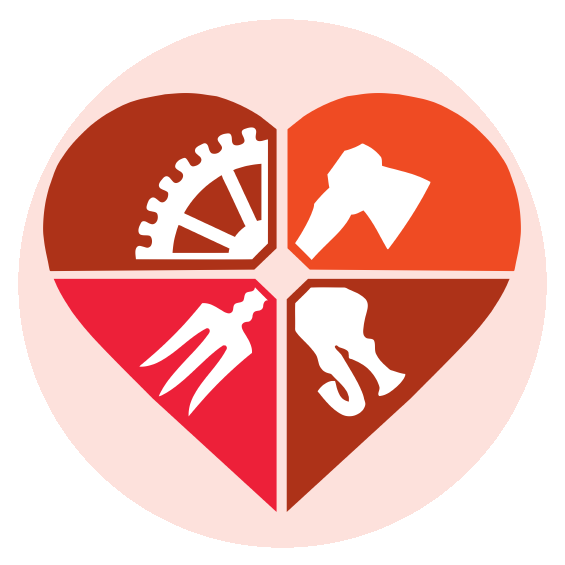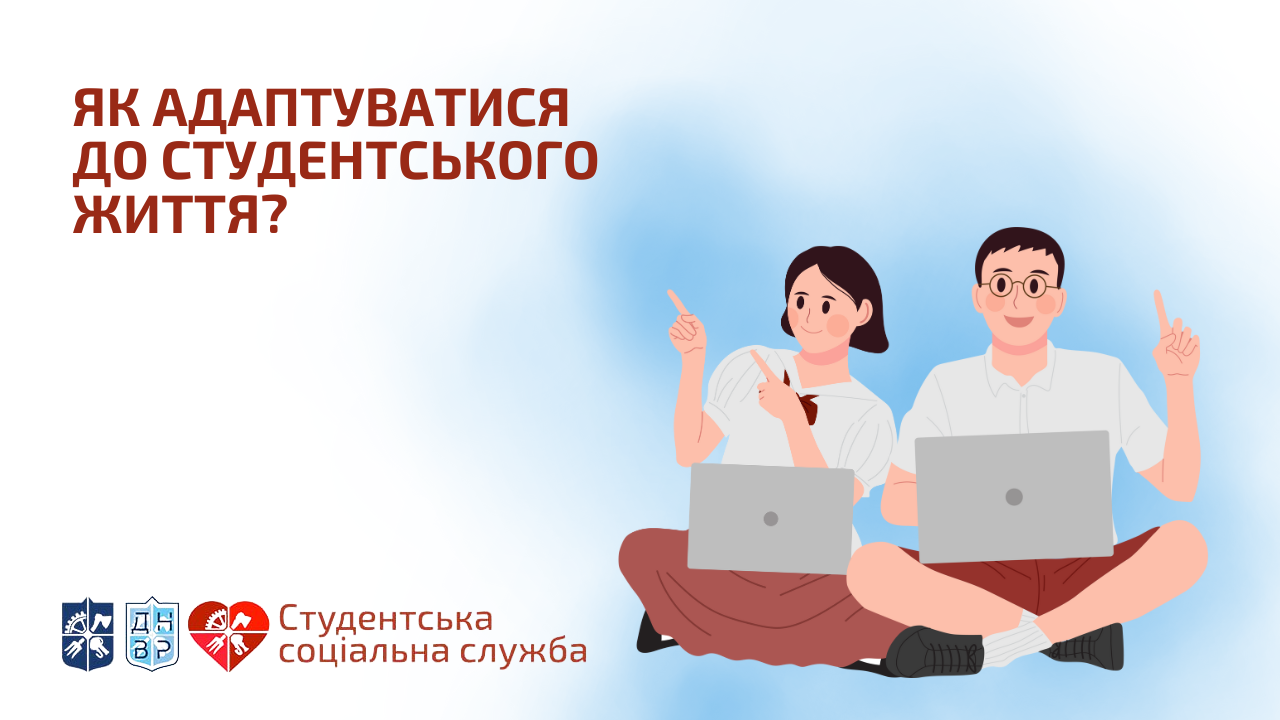The first month of school is already behind us: the first classes, labs, new lecture halls, teachers, classmates... After the initial rush of events, it may seem that things are getting much harder. All of this is a description of the concept of an “adjustment crisis.”
In simple terms: at first, there is interest, a sense of novelty, even euphoria. Over time, the body and mind begin to feel tired of the changes, the first difficulties appear, a feeling of confusion, sometimes a desire to “turn back the clock.” And this is normal at such an important stage of life, and we know how to help you get through it more easily:
– Take care of your own awareness.
Join the university's information communities, where you can find everything you need to know about studying, requirements, rules, and opportunities for student life.
– If you don't know, ask, and if you have doubts, clarify.
It's okay not to know something, it's okay not to understand everything the first time around, so put aside your fears and ask questions to feedback bots, curators, staff, teachers, etc.
– Participate in student life within your group and the university.
Your activity will help you get to know your classmates and senior students better, meet new friends or a loved one. Join student events, associations, communities, volunteer initiatives, in particular, in the Social Work & Mental Health Office.
– Plan your own activities.
Time management, i.e., maintaining a balance between study and personal life, is a necessity. Try keeping a paper or electronic planner. It will help you structure and distribute your workload.
– Get back to your normal routine.
Keep up small rituals that give you a sense of “home.” For example, morning coffee in your favorite mug, a short walk after class, evening reading before bed, a Sunday movie, or a call with friends/parents, etc. Such little things help the brain feel stable even in new conditions.
– If you have to move, make YOUR space your own.
Even a dorm room or rented apartment can become cozier if you add personal “anchors”: a blanket or pillow that you associate with comfort, a small toy or souvenir from home, familiar scents that you had at home/in your room (candles, air fresheners, your favorite perfume), photos, postcards, drawings that bring back warm memories.
– Find your “place” in the new city.
Go for a walk, explore your new city. Find a café, park, or library where you feel comfortable. New “anchors” help you feel less like a stranger.
– Remember to take a break.
Rest is a basic minimum, not a luxurious maximum. Try to stick to a sleep schedule, alternate physical and intellectual activities, try meditation, etc.
– Social “bridges.”
Continue to communicate with friends or family online or by phone, but at the same time gradually build new relationships locally. Balance between the “old” and the “new.”
– Openness to new experiences.
Your student years are a period of personal transformation, growing up, and separating from your parents' family. Your life has changed dramatically since you entered university. Meet new people, gain new experiences, try new skills, learn, broaden your horizons, and draw conclusions. Create new traditions with new people: dinner with classmates every Friday, watching TV series together in the dormitory, or a tradition of drinking tea during breaks. This will help you feel part of a new community.
– Seek psychological help.
If you are experiencing difficulties and/or need professional support to deal with psychological or social problems, make an appointment with psychologists and social workers at the KPI Social Service. Remember that you have someone to talk to; you are not alone.
Your student years are a new stage in your life. Although climbing the ladder is not always easy, it is worth it. May your university life bring you knowledge, joy, and pleasure!
Prepared by: Psychologist and social worker at Social Work & Mental Health Office Sofia Inkina and Olesia Raskvasova.


